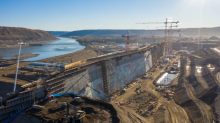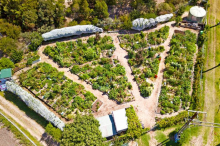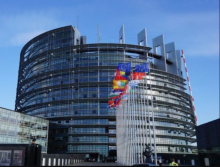July 5, 2022 - The first time Jackie Sawicky learned that a Bitcoin mining operation was coming to Corsicana, a rural Texas city 60 miles south of Dallas, was on April 27, when she happened upon a Facebook video of a meeting at the local public library. The featured speaker was Chad Everett Harris, the upbeat executive vice-president of Riot Blockchain, a Bitcoin mining company based in Castle Rock, Colo.









